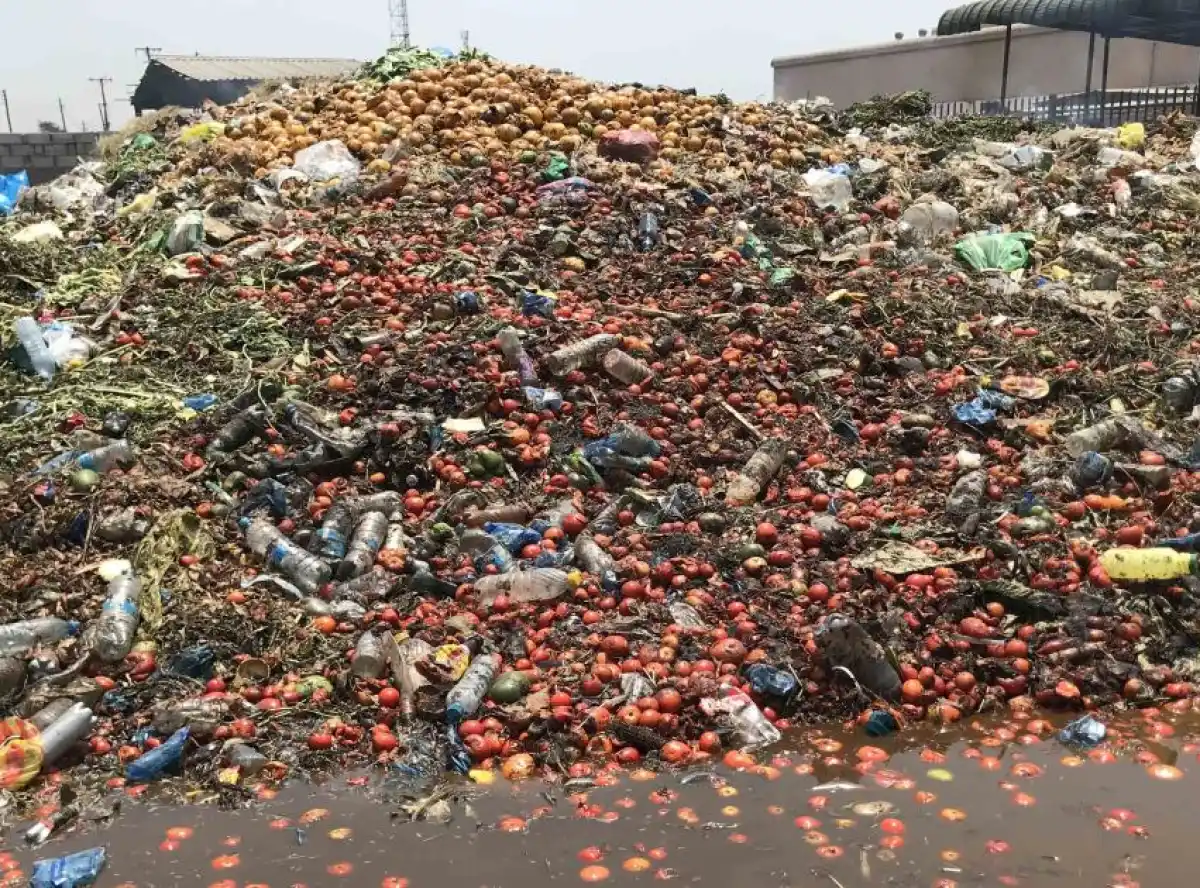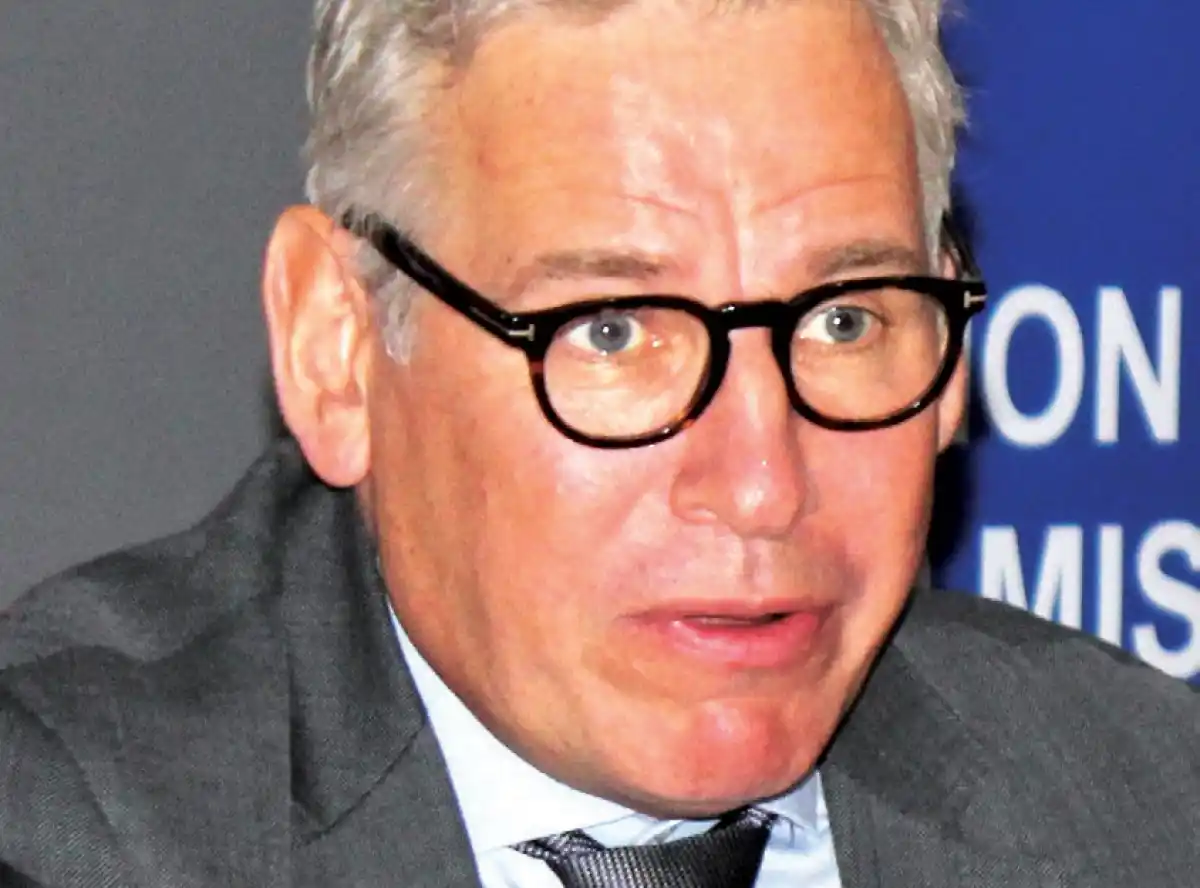
One year after its adoption in Bonn, Germany, the Global Framework on Chemicals has launched its first call for projects aimed at safe and sustainable management of chemicals and waste.
The selected projects will focus on green and sustainable solutions to prevent and minimise harm from chemicals and waste in some of the world’s most disadvantaged countries.

“Pollution and waste constitute a daily crisis for people’s health, undermine economic activity and leave nature permanently scarred,” director of United Nations Environment Programme (Unep) Industry and Economy Division, Sheila Aggarwal-Khan, said.
“Today, the historic framework is turning from text into practice and providing concrete benefits for those at the frontlines of this crisis.”
At the Fifth International Conference on Chemicals Management, held in September 2023 in Bonn, delegates from around the world—representing governments, the private sector, civil society, academia and youth—adopted the framework.
During the conference, a dedicated trust fund was established to support low- and middle-income countries, including small island developing states, in managing chemicals and waste in line with international standards.
Selected projects will receive funding between $300,000 and $800,000 for a duration of up to three years to facilitate transformative change aimed at preventing and minimising harm from chemicals and waste.
These projects will also focus on protecting the environment and human health, particularly for vulnerable groups and workers.
“Such projects will need to have co-financing and in-kind contributions of at least 25 percent. Governments can apply for funding as well as civil society networks, subject to an agreement with the respective government,” Unep said.
The agency added that the fund aims to support medium-scale projects that enhance national and regional capacities for chemicals and waste management and bolster national policies and regulations, among other objectives.
The framework includes 28 targets addressing chemicals, such as preventing the illegal trade and trafficking of chemicals and waste, implementing national legal frameworks, aligning financial flows and phasing out highly hazardous pesticides in agriculture by 2035.
Initial support for the fund, amounting to around $27 million, has primarily come from Germany, alongside contributions from the Netherlands, Spain, Switzerland, the United Kingdom and the International Council of Chemical Associations.
Environmental conservation advocate Philimon Chande has urged local civil society organisations to collaborate with the government to access the resources.
“Chemical and waste management is a big issue in Malawi. We are witnessing how uncertified and hazardous chemicals are affecting human health.
“Pollution from waste is also a pressing concern. The Malawi Environmental Protection Authority has previously acknowledged the challenges Malawi faces in waste management,” Chande said.
The Global Framework on Chemicals serves as humanity’s blueprint for a planet free from harm caused by chemicals and waste.








0 Comments